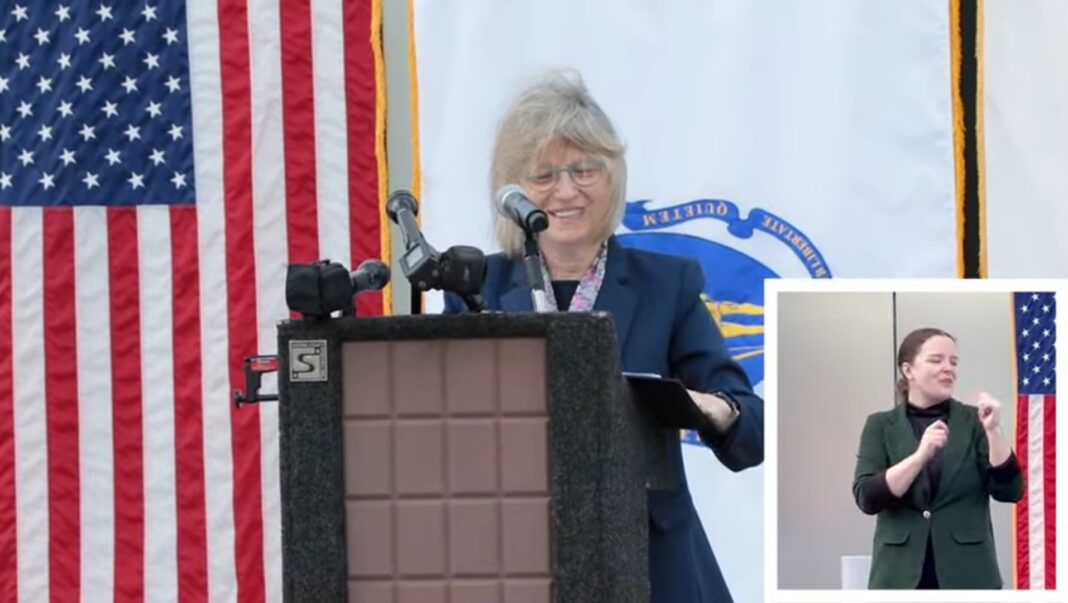The Massachusetts Institute of Technology (MIT) said it cannot back a U.S. Department of Education proposal called the “Compact for Academic Excellence in Higher Education,” arguing parts of the document would limit free expression and undermine the principle that research funding should be awarded on scientific merit.
In an Oct. 10 letter to Education Secretary Linda McMahon, MIT President Sally Kornbluth said the Institute’s existing practices already meet or exceed many of the standards outlined in the proposal, but the school “cannot support the proposed approach to addressing the issues facing higher education,” according to MIT.
Kornbluth talked about a few policies that the university thinks are very important to its mission. These include merit-based advancement for students, faculty, and staff; bringing back SAT/ACT requirements after the pandemic; no legacy admissions; need-blind admissions; and a promise that undergraduates from families earning less than $200,000 will not have to pay tuition. She went on to say that about 88% of the most recent graduating class departed without student loans, 94% of undergraduate degrees are in STEM subjects, and the number of international undergraduates is limited to about 10%.
MIT also emphasized its commitment to free expression through the Institute’s statement on academic freedom. “We must hear facts and opinions we don’t like – and engage respectfully with those with whom we disagree,” Kornbluth wrote.
The letter said that parts of the compact “would restrict freedom of expression and our independence as an institution,” even though it agreed with the department on some things. It also said that the compact’s premise goes against MIT’s view that federal scientific funding should only be given based on scientific merit. The letter said, “In that free marketplace of ideas, the people of MIT gladly compete with the very best, without preferences.”
Kornbluth framed the response in the context of MIT’s long partnership with the federal government dating back eight decades, saying that collaboration has delivered “extraordinary benefits for the American people” and remains vital to national prosperity, competitiveness, health and security.
Earlier last month, the White House asked nine universities to sign an agreement that would offer preferential access to federal funding in exchange for campus reforms, according to CBS News.
The proposal went to MIT, the University of Arizona, Brown University, Dartmouth College, the University of Pennsylvania, the University of Texas, the University of Southern California, the University of Virginia and Vanderbilt University. As of Friday, the other eight schools had not publicly responded to the proposal, the outlet reported.
A global media for the latest news, entertainment, music fashion, and more.














